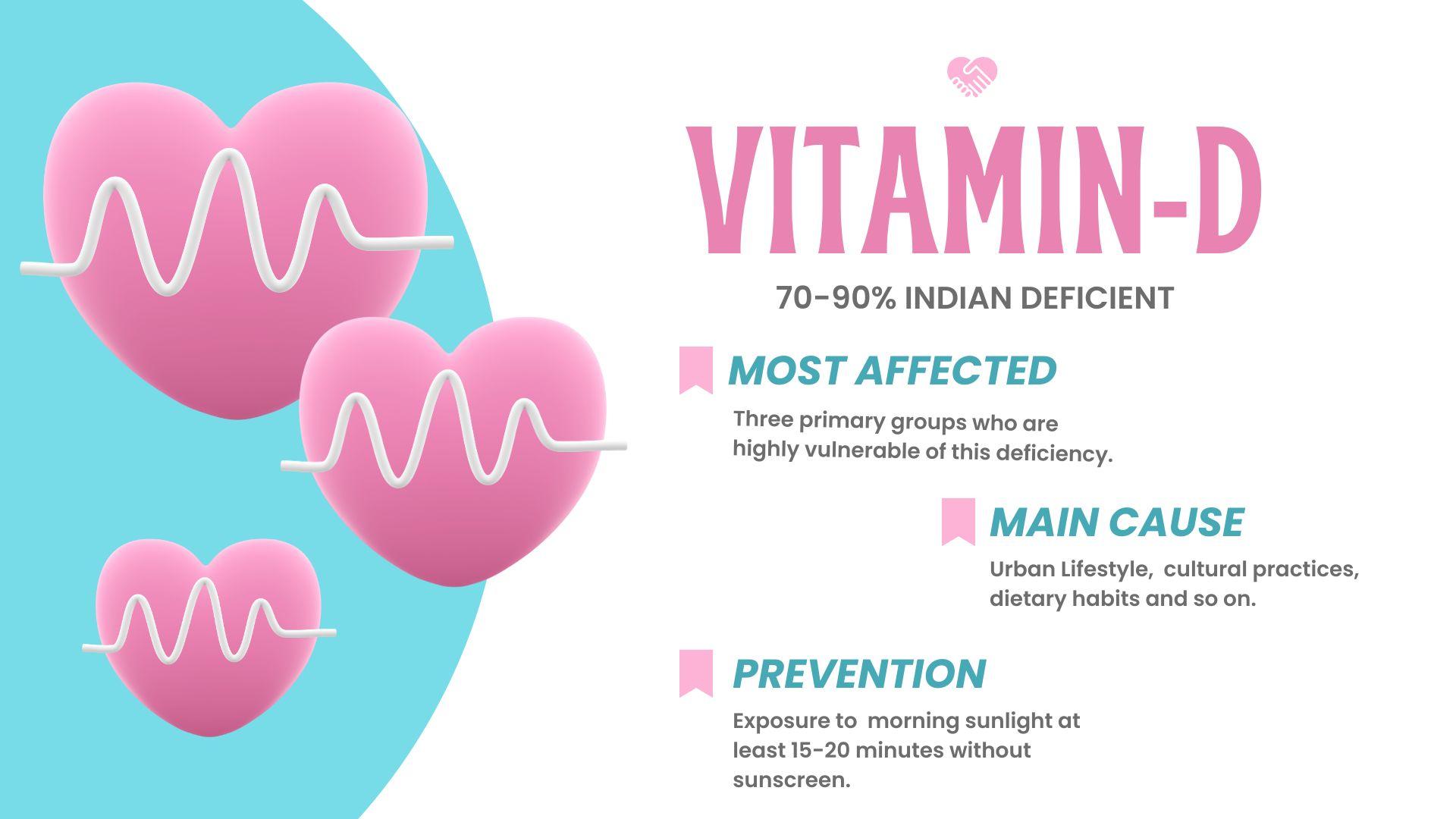The Best Diet for Overall Health: A Complete Guide

Discover a balanced, nutrient-rich diet for optimal health and wellness. Start nourishing your body today!
In today’s fast-paced world, where diet trends come and go, it’s easy to get overwhelmed with conflicting information about what constitutes the best diet for overall health. Everyone from social media influencers to mainstream health experts seems to offer their own advice, often based on personal preferences or the latest research. But the truth is, there is no one-size-fits-all solution when it comes to diet. While some diets may help individuals achieve specific goals, such as weight loss or muscle gain, the best diet for overall health is one that balances nourishment, sustainability, and long-term wellness.
As a dietitian and health expert, my goal in this article is to provide a clear, science-backed overview of what constitutes a diet that supports overall health. I’ll break down the essential principles, foods to emphasize, foods to minimize, and actionable tips to help you make informed choices. The key takeaway: a well-rounded, nutrient-dense approach is essential for supporting your body’s natural processes and maintaining vitality as you age.
1. Focus on Whole, Nutrient-Dense Foods
The foundation of a healthy diet is the emphasis on whole, minimally processed foods. These are foods that are as close to their natural state as possible and contain the highest levels of vitamins, minerals, antioxidants, fiber, and other essential nutrients. By consuming nutrient-dense foods, you provide your body with the building blocks it needs to function optimally, improve energy levels, and promote long-term health.
Fruits and Vegetables:
Fruits and vegetables are packed with vitamins, minerals, and fiber while being low in calories. Aim to fill half of your plate with a variety of colorful vegetables and fruits at every meal. The more diverse the selection, the greater the variety of nutrients your body will receive. Dark, leafy greens like spinach, kale, and collard greens are rich in folate, vitamin K, and iron, while vibrant fruits like berries, oranges, and apples offer a powerful dose of antioxidants to fight inflammation and oxidative stress.
Whole Grains:
Whole grains such as brown rice, quinoa, oats, and whole wheat bread are rich in fiber, B vitamins, and essential minerals like magnesium and zinc. These complex carbohydrates provide slow-burning energy, stabilize blood sugar levels, and help maintain a healthy gut microbiome. Unlike refined grains (like white bread or white rice), whole grains retain their nutrient content and promote sustained fullness, reducing the likelihood of overeating or unhealthy snacking.
Lean Proteins:
Protein is essential for muscle repair, immune function, and enzyme production. While animal proteins like lean meats, poultry, fish, and eggs can be great sources, it's also beneficial to include plant-based proteins like beans, lentils, chickpeas, tofu, tempeh, and quinoa. Fish, particularly fatty fish like salmon, sardines, and mackerel, are particularly beneficial due to their high omega-3 fatty acid content, which supports brain health and reduces inflammation.
Healthy Fats:
Fats are crucial for cell structure, hormone regulation, and absorption of fat-soluble vitamins (A, D, E, and K). However, not all fats are created equal. Prioritize healthy fats from sources like avocados, olive oil, nuts, seeds, and fatty fish. Omega-3 fatty acids, in particular, found in fatty fish, walnuts, and flaxseeds, have been shown to support heart health, reduce inflammation, and improve brain function.
Also Read : Boost Your Immune System: Proven Tips for Health
2. Balance Macronutrients and Mind Your Portion Sizes
When it comes to diet, balance is key. A well-rounded approach involves properly distributing your daily intake of macronutrients—carbohydrates, proteins, and fats—based on your individual needs, activity levels, and health goals.
Carbohydrates:
Carbs are the body’s primary source of energy. While it’s important to avoid excessive consumption of refined carbs (such as sugary snacks, pastries, and soda), complex carbohydrates from whole grains, legumes, and starchy vegetables should make up a significant portion of your diet. These complex carbs release energy slowly, keeping blood sugar levels stable and providing sustained fuel throughout the day.
Proteins:
Protein needs vary depending on factors such as age, activity level, and overall health. For the average adult, aim for about 0.8 to 1 gram of protein per kilogram of body weight. For those who are highly active or trying to build muscle, protein requirements may be higher. Lean animal proteins and plant-based sources should both be incorporated into your diet to provide a variety of amino acids, which are the building blocks of protein.
Fats:
Healthy fats should constitute about 20-35% of your total daily calorie intake. Unsaturated fats from sources like olive oil, avocado, and nuts are heart-healthy, while saturated fats (found in red meat, butter, and certain processed foods) should be consumed in moderation. Avoid trans fats, which are artificially created fats found in many processed and fried foods, as they increase the risk of heart disease and other health problems.
Portion Control:
While it’s important to focus on the quality of your food, portion control is equally essential. Even healthy foods can contribute to weight gain if consumed in excess. An easy way to keep portions in check is to use the “plate method”: fill half of your plate with non-starchy vegetables, a quarter with lean protein, and a quarter with whole grains or complex carbohydrates. This method helps control calorie intake while ensuring nutrient density.
3. Incorporate a Variety of Nutrient-Rich Foods
One of the core principles of a healthy diet is variety. No single food can provide all the nutrients your body needs, so it’s important to diversify your food choices to cover the full spectrum of essential vitamins, minerals, and antioxidants.
Vitamins and Minerals:
Different vitamins and minerals support various bodily functions, from immune health to bone strength. To ensure a broad intake, eat a variety of colorful fruits and vegetables. For example, vitamin C is abundant in citrus fruits and bell peppers, while vitamin A can be found in carrots and sweet potatoes. Calcium-rich foods like leafy greens, fortified dairy products, and plant-based milk can help support bone health, while magnesium, found in foods like almonds, spinach, and beans, is vital for muscle function and relaxation.
Antioxidants:
Antioxidants are compounds that help neutralize harmful free radicals in the body, which can cause cellular damage and accelerate aging. Berries (such as blueberries, strawberries, and raspberries), dark chocolate, nuts, and green tea are excellent sources of antioxidants, helping to protect against chronic diseases like heart disease and cancer.
4. Limit Processed Foods, Added Sugars, and Excess Salt
While focusing on healthy, whole foods, it's equally important to minimize your intake of processed foods and ingredients that can negatively impact health over time.
Processed Foods and Artificial Additives:
Highly processed foods often contain excessive amounts of unhealthy fats, refined sugars, and artificial additives that offer little nutritional value. These foods are also often low in fiber, which can disrupt gut health. Common culprits include fast food, packaged snacks, sugary breakfast cereals, and pre-packaged frozen meals. Reducing your reliance on these foods and focusing on cooking fresh meals at home is one of the most powerful steps you can take for your overall health.
Added Sugars:
Excessive sugar consumption has been linked to a range of health problems, including obesity, type 2 diabetes, heart disease, and even certain cancers. The American Heart Association recommends limiting added sugars to no more than 6% of your total daily calories. This means cutting back on sugary drinks, sweets, and even seemingly “healthy” options like granola bars or fruit juices that may contain hidden sugars.
Excess Salt:
While a small amount of sodium is necessary for proper body function, too much salt can lead to high blood pressure and increase the risk of heart disease. Processed and restaurant foods tend to be high in sodium, so it's wise to limit your intake of these foods. Opt for seasoning with herbs and spices rather than relying on salt for flavor.
5. Stay Hydrated and Mindful of Your Lifestyle
Finally, diet is just one aspect of overall health. Staying hydrated, getting enough sleep, managing stress, and staying physically active all play crucial roles in supporting the body's natural functions and maintaining health.
Hydration:
Water is essential for nearly every bodily function, from digestion to temperature regulation. Aim for at least eight cups of water a day, but individual hydration needs can vary depending on factors like activity level and climate. Herbal teas and water-rich foods like fruits and vegetables (such as cucumbers and watermelon) can also contribute to your hydration needs.
Lifestyle Factors:
Regular physical activity, quality sleep, and stress management are all integral to a healthy lifestyle. Exercise helps to support cardiovascular health, manage weight, and boost mood. Aim for at least 150 minutes of moderate-intensity exercise each week. Similarly, prioritize sleep and stress reduction techniques such as mindfulness, meditation, or yoga to optimize your overall well-being.
Conclusion: The Best Diet for Overall Health
The best diet for overall health is one that emphasizes whole, nutrient-dense foods, provides balance in macronutrients, limits processed foods, and promotes overall lifestyle well-being. A diet rich in fruits, vegetables, whole grains, lean proteins, and healthy fats, combined with adequate hydration, exercise, and rest, will provide your body with the nourishment it needs for optimal function.
Remember, health is not achieved through quick fixes or restrictive diets, but through consistency and mindfulness in the choices you make daily. By making small, sustainable changes, you can support your body’s natural processes and pave the way for a long, healthy life.







